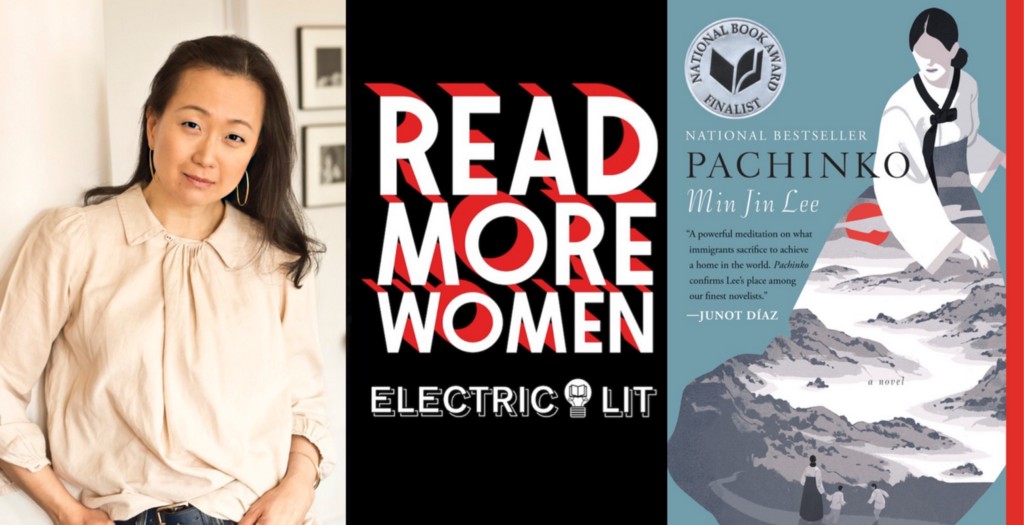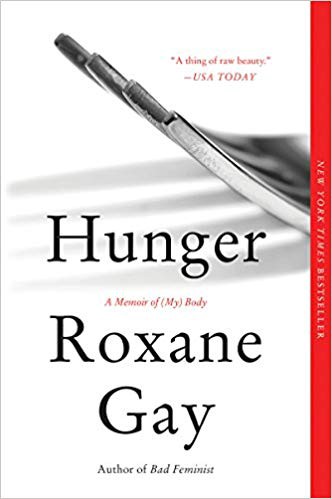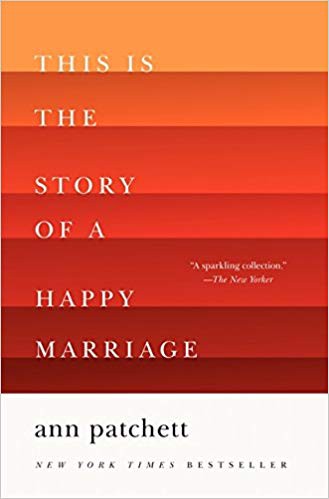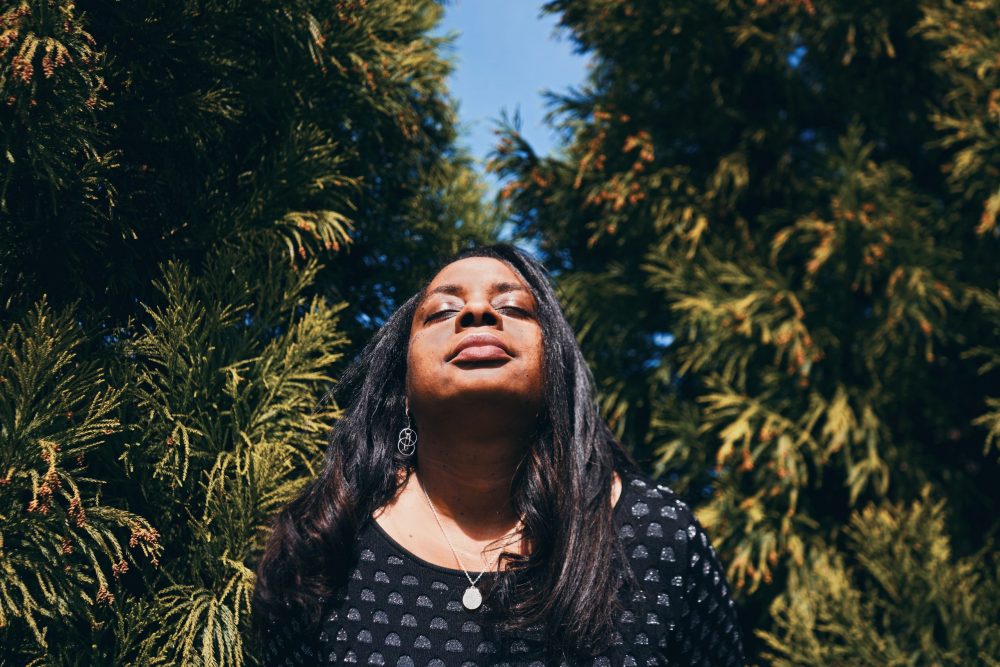Reading Lists
Min Jin Lee Recommends 5 Books By Women
The National Book Award finalist highlights some of her favorite non-male authors

Like many of the best generational novels (sorry, Gabriel García Márquez), Min Jin Lee’s Pachinko has women at its center. And Lee is a celebrated woman author herself: the recipient of a Guggenheim fellowship, a New York Times bestselling author, and a finalist for the National Book Award. So it’s fitting that she is joining our Read More Women series, recommending five books that aren’t by men. (That was a joke up there, by the way; we love One Hundred Years of Solitude, please don’t email. We just also love Pachinko.)
Read More Women is Electric Literature’s series, presented in collaboration with MCD Books, in which we feature prominent authors, of any gender, recommending their favorite books by women and non-binary writers. Twice a month, you’ll hear about the five non-male authors who most delight your favorite writers.


Eve L. Ewing, Ghosts in the Schoolyard: Racism and School Closings on Chicago’s South Side
Ewing is a phenomenal writer who has researched and written about modern problems in education in light of history. As far as I’m concerned, fixing education inequities is right up there with securing clean water, defending free press, and protecting air quality. She is also a terrific poet and critic, and what is evident in her book, is the vastness of her imagination applied to the very difficult problems we have today in public education. Ewing tackles racism, inequality, statistics, social policies, and uses her great mind for the good of children, our American children, and this book is a great tool for the urgent changes we need to make.

Roxane Gay, Hunger
I read Gay’s memoir in two days, and I stopped everything to read it, because her story meant so much to me. I’d had a very bad eating disorder in college, and her story made so much sense intellectually. Gay is one of America’s great writers, and I was astonished and grateful to learn how our bodies hold our histories and how our minds have the power to release them. This book is important and beautiful.

Robin Marantz Henig, The Monk in the Garden: The Lost and Found Genius of Gregor Mendel
Henig is a knock-out writer, who has published numerous books and articles that are nothing short of master-class. I’ll read whatever she writes because she is brave and badass smart. My favorite book of hers is The Monk in the Garden, a biography of Gregor Mendel, a monk who studied pea plants and is known as the father of genetics. Mendel never got his due while he was alive, but Henig fixes that for the record with a stirring and vivid biography in her trademark clear-eyed prose.

Ann Patchett, This Is the Story of a Happy Marriage
Patchett writes amazing fiction. Very amazing fiction. She also writes supremely amazing essays, which make me weep. When I think of the fine essayists Didion, Woolf, and Baldwin, I also think of Patchett. You’re going to cry when you read this collection; however, my eye doctor says crying is good for your eyes.

Erica Wagner, Chief Engineer: Washington Roebling, The Man Who Built the Brooklyn Bridge
I love biographies, and this one of Washington Roebling is one of my very favorites. Wagner, a native New Yorker who lives in England, writes excellent fiction and non-fiction, as well as criticism. She wrote one of my most beloved short story collections of all time, Gravity, and the reason why this biography is so top-notch is because Wagner tells a terrific story of the birth of a bridge, as well as a gripping story of a son who had a difficult father and a gifted wife — all with the grace and deft hand of a very fine fiction writer.










